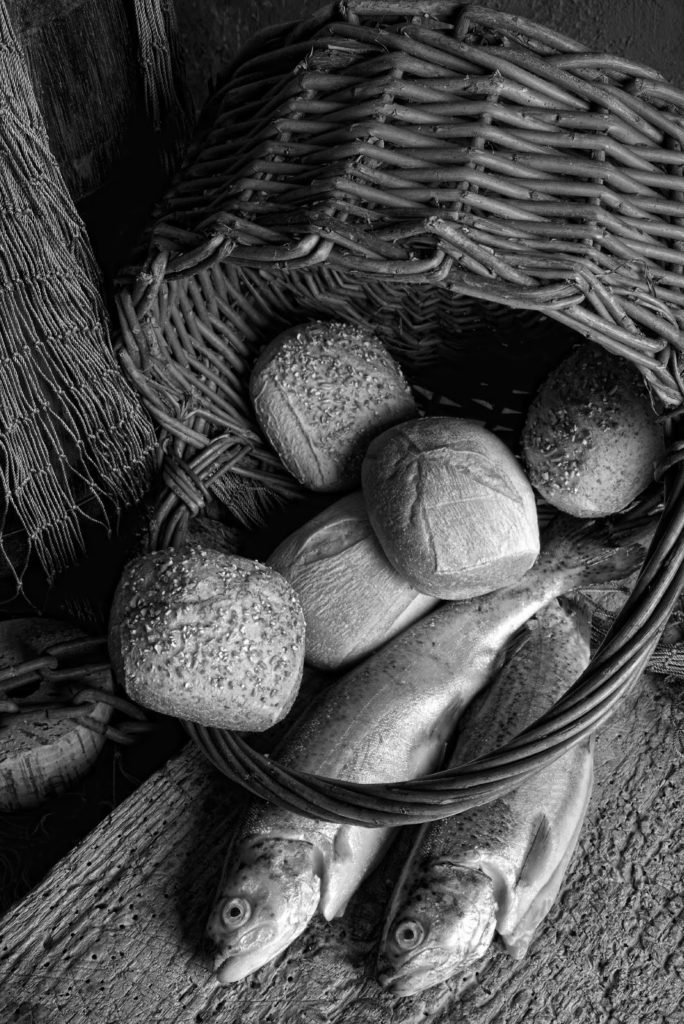“….let us bow down….let us kneel….” Psalm 95.6
John’s gospel tells the story of a conversation between John the Baptist and his disciples. The crowds are discovering Jesus. Everyone is going to him. They think that John will be deeply concerned about this.
 John’s answer is a model for any Christian who has ever been jealous of time and attention given to others. It also has something profound to say about our worship and prayer. John can speak only of his joy in Jesus:
John’s answer is a model for any Christian who has ever been jealous of time and attention given to others. It also has something profound to say about our worship and prayer. John can speak only of his joy in Jesus:
“The friend of the bridegroom….rejoices greatly at the bridegroom’s voice. For this reason my joy has been fulfilled” (John 20.29-30). He must increase but I must decrease”.
Praise and worship are dynamic acts. When we practice them regularly, they form and shape us in certain ways. You can see that very clearly with the opposite of praise, the criticism of others. When a person allows a habit of criticism to grow within them, it shapes and shrinks them within. Praise and worship have the opposite effect.
One of the ways in which praise changes us is that it helps us to remove ourselves, daily, from the centre of our own lives and recognize that God is much greater than we are. The only and proper response to God’s greatness is to bow down, to kneel in humility. We recognize our own place in the universe is not at the centre but at the edge, held firmly in the love of God. Finding humility (or decreasing) is not to negate ourselves or our character or become invisible to others or ourselves. It is to find our proper place and destiny and be freed from the continual stress of trying to be what we are not.
Christians are people who say to God and to themselves every day: “I am not the most important being in the universe. God is. I will kneel and bow down in worship”.
He must increase and I must decrease.


